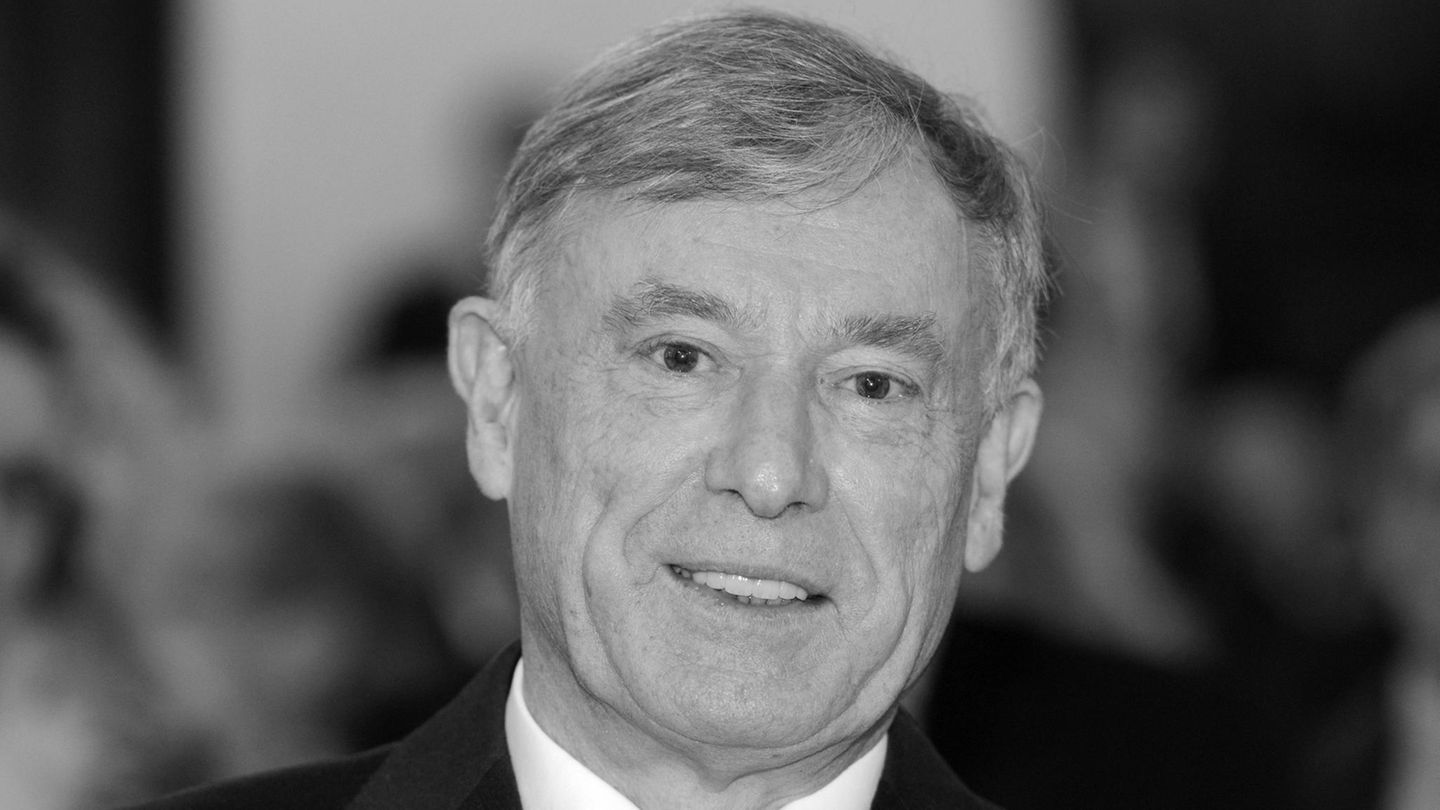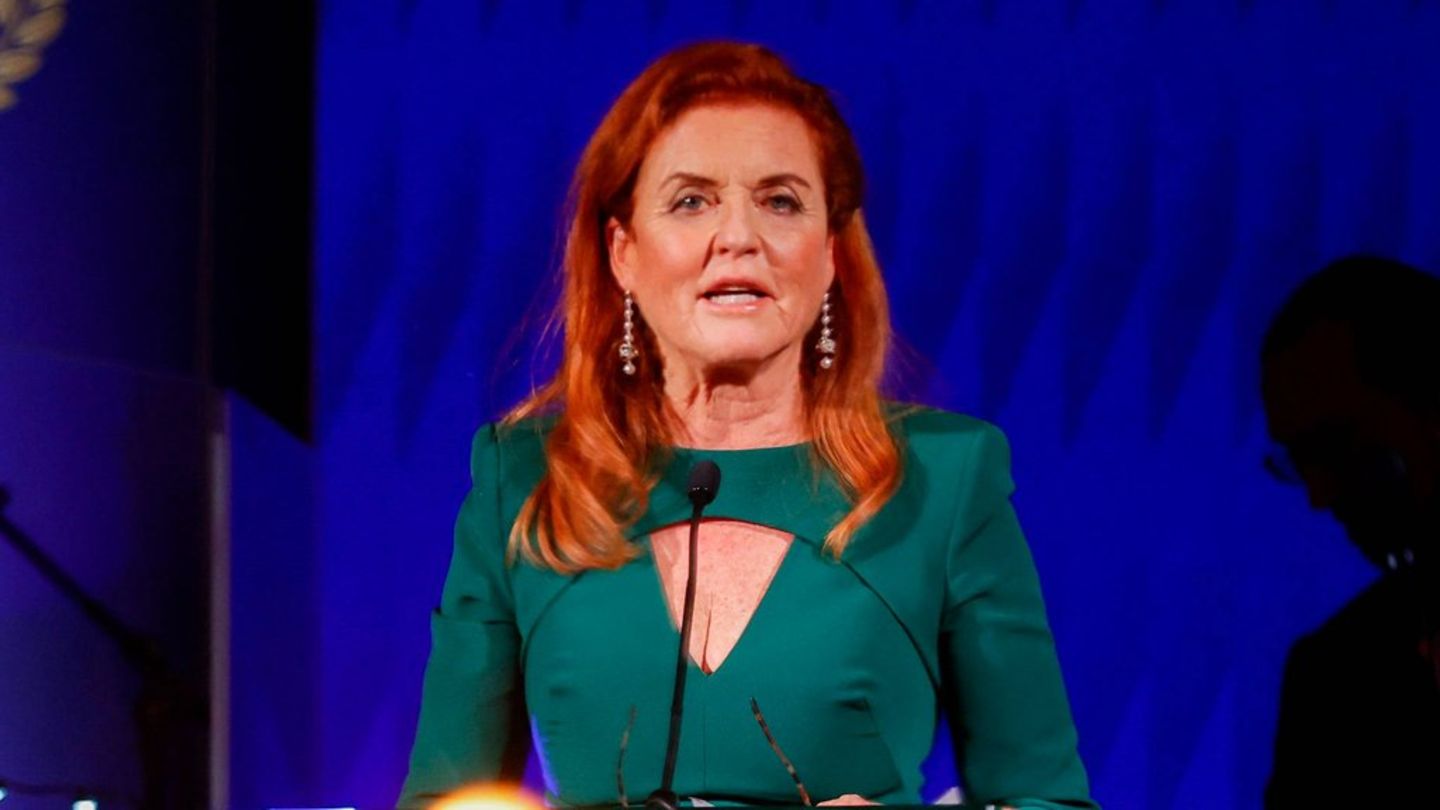At the age of 81
Former Federal President Horst Köhler died
Copy the current link
Horst Köhler was Federal President of the Federal Republic of Germany for almost six years. Now he died at the age of 81.
Former Federal President Horst Köhler is dead. He died early Saturday morning at the age of 81 after a short illness, as the Federal Presidential Office in Berlin announced. Köhler was elected head of state on May 23, 2004 and was confirmed in office five years later. On May 31, 2010, however, he surprisingly resigned. Federal President Frank-Walter Steinmeier praised the died in a condolence letter to his widow Eva Luise Köhler as “a stroke of luck for our country”. He emphasized: “We can only be grateful that we were able to experience Horst Köhler as the ninth Federal President of the Federal Republic of Germany. He gave a lot to this country.”
For the first time no party politician as Federal President
With Köhler, no party politician took over the highest office in the state for the first time. The studied economist started a civil servant in the Federal Ministry of Economics in 1976 and was State Secretary in 1990 in the Federal Ministry of Finance, which was then led by Theo Waigel (CSU). Among other things, Köhler was a German chief negotiator for the Maastricht contract for the European Monetary Union.
In 1993 he moved to the financial world, initially as President of the German Sparkass and Giro Association, then as President of the European Bank for reconstruction and development in London. In 2000 he became head of the International Monetary Fund (IMF).
Resignation only one year after re -election
In 2004, Köhler was the successor to Johannes Rau Nintres. In 2009 the Federal Assembly chose him again. His resignation with immediate effect just a year later was unique in the history of the Federal Republic.
The trigger was an interview in the Deutschlandradio Kultur, which Köhler had given on the return flight after visiting German soldiers in the Afghan Masar-i-Sharif. In it, he also justified the Bundeswehr missions abroad with the maintenance of German business interests. Critics accused him of having justified the Afghanistan mission, which Köhler denied. He saw his office irreparably damaged by the criticism and pulled the consequences.
Domestic polish an uncomfortable president
In terms of domestic policy, Köhler kept causing surprises – and displeasure in the government camp. In 2006 he refused to sign the law on the privatization of airspace monitoring and later the Consumer Protection Act. The decision in 2005 was constitutionally delicate to trigger the Bundestag and to set new elections. Previously, Chancellor Gerhard Schröder (SPD) had asked the question of trust in the Bundestag with the aim of losing it.
Africa as a great passion
At the international level, Köhler mainly dealt with Africa, as a IMF boss and even more afterwards as Federal President. He persistently campaigned for an equal partnership with the neighboring continent. He remained loyal to this even after leaving the highest state office-including as a UN special representative for the Western Sahara conflict from 2017 to 2019.
After his resignation, Köhler said about current domestic questions. In 2021, he showed that climate protection was an important concern for him when he took over the patronage for the first nationwide citizens’ council for climate policy. A foundation that Köhler and his wife launched promotes research on rare diseases.
Steinmeier appreciates Horst Köhler
In his condolence letter, Federal President Steinmeier reminded that Köhler was almost unknown to a larger public in his election as head of state in 2004, but quickly acquired a lot of recognition and sympathy. “Above all, it was his devotion, his contagious laugh and his optimism, it was his belief in the strength of our country and the energy and the creativity of his people, who gave him so many hearts,” wrote Steinmeier. “But it was also his often clear and by no means always comfortable reminders and speeches that brought him recognition.” Köhler “made a lot of deserving for our country”.
Steinmeier emphasized Köhler’s occurrence for fair use of Africa – “the continent that his heart belonged and he knew so well”. Köhler was deeply convinced that Europe had to put its colonial thinking patterns and treat the African countries as equal partners in order to tackle global challenges together with them. “It was far ahead of the time,” wrote Steinmeier.
Dpa
LW
Source: Stern
I have been working in the news industry for over 6 years, first as a reporter and now as an editor. I have covered politics extensively, and my work has appeared in major newspapers and online news outlets around the world. In addition to my writing, I also contribute regularly to 24 Hours World.






